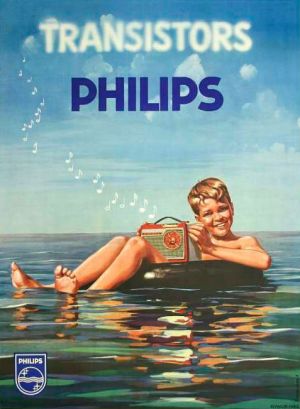One of our staff members is contributing considerably to a News Archiving service at Mu. Any well educated (Masters, PhD or above) users who wish to make comments on news sites, please contact Jim Burton directly rather than using this list, and we can work on maximising view count.
Child: Difference between revisions
The Admins (talk | contribs) No edit summary |
The Admins (talk | contribs) |
||
| Line 23: | Line 23: | ||
*[[Child Pornography]] | *[[Child Pornography]] | ||
*[[Feminism]] | *[[Feminism]] | ||
*[[Safeguarding]] | |||
*[[Jacob Breslow]] | *[[Jacob Breslow]] | ||
Revision as of 20:57, 10 October 2022

A child is a person who has not started puberty (a prepubescent). Within the sphere of chronophilia research and self-reference among people expressing various chronophilias, this simple definition is used.
Alternative definitions are the familial status, or someone who is either below the Age of Majority or Age of Consent (a minor).
Instability as a social concept
Childhood and by extension, the status of human beings as children is an unstable concept. It has been suggested by some historians such as Philippe Aries[1] that the concept of childhood is itself a second-millennium invention. In sentencing two different men for child pornography offenses, Judge John A. Woodcock Jr. has stated that “This is not only a crime against individual children. This is a crime against childhood itself and the innocence of childhood”,[2] thus highlighting the importance of these statutes in maintaining the institution of childhood.
Within academia, Critical Childhood Studies explores, among other topics, the history and construction of childhood, textual and visual representations of childhood, childhood as metaphor, and children, themselves, as agents of cultural production.[3]
Childhood innocence and vulnerability
Central to the issue of intergenerational sexuality is the concept of childhood innocence and its modern objectivist/utilitarian counterpart, vulnerability.
See also
- Boy
- Girl
- Adult
- Minor-adult sex
- Child Sexual Abuse
- Child Pornography
- Feminism
- Safeguarding
- Jacob Breslow